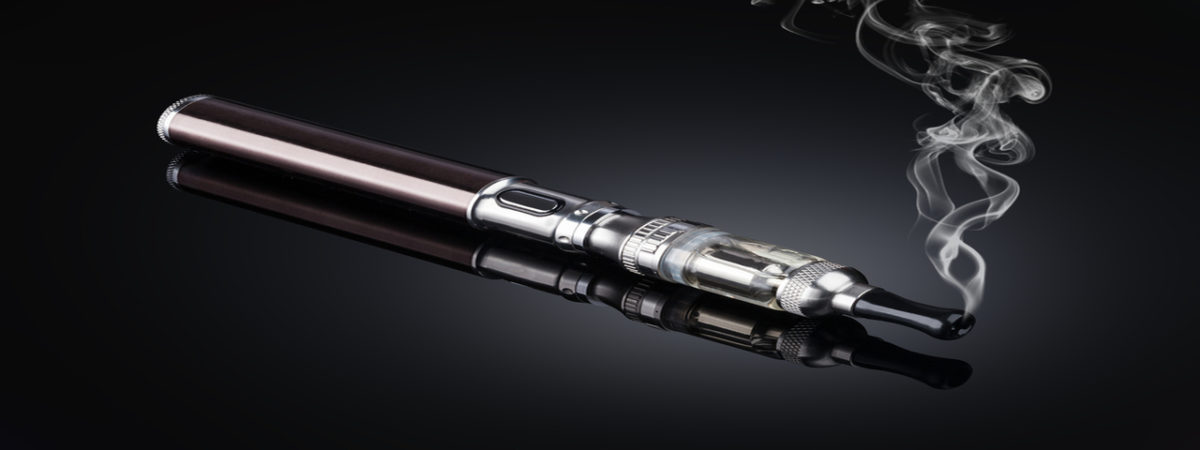We have been reminded once again that classically liberal arguments don’t pass muster in our debates anymore. It is advisable to either agree wholeheartedly with delicate positions, or keep quiet. If you dare to express criticism, pray that the virtue-signalers take mercy on you.
Certainly no mercy was shown to former foreign secretary Boris Johnson, whose robust (if provocative) defence of a woman’s right to wear the burka or niqab in the Telegraph faced massive backlash from all sides of the debate.
Not only was his position misrepresented – with many claiming that he called for the garments to be banned, although actually arguing the opposite – but even those who understood him clearly still took issue with the descriptions he used, with some even branding him racist.
We can debate whether his descriptions were rude or not (and from his track record, he must have known his wording would cause a stir). But Johnson’s real mistake was thinking he could intellectually and ethically dissect this topic without being targeted as a criminal.
This is no over-exaggeration. The Metropolitan Police commissioner actually had to issue a statement clarifying that his comments did not “reach the bar” for a criminal offence.
The row got me thinking on two fronts. First, how tragic it is that liberal reasoning is met with such contempt.
Whether it’s Johnson’s comments on the burka, or former Liberal Democrat leader Tim Farron’s religious convictions, public life is increasingly unable to incorporate those who are simultaneously critical of a behaviour, yet still tolerant of other people’s right to do it.
It’s a sad feature of the current political climate, in which outrage has become a dominant feature.
But there is another angle to this story, a side that is rarely talked about. Virtue-signaling is often seen as a left-wing activity – yet another trait of the “safe space” or “snowflake” generation that put huge emphasis on expressing their own moral stances, while often trying to shut down (or “no-platform”) the expression of opinions of others.
But virtue-signaling is not unique to the left. It takes place on the right almost as frequently. We’re just not always so quick to recognise it.
Donald Trump is the ultimate virtue-signaler. He has made a daily habit of overtly expressing his moral stance, which is wrapped up with nationalist and protectionist sentiment. The slogan “Make America Great Again” is itself a catchy form of virtue-signaling, used to target and shame those who aren’t seen to support the US on the President’s economically illiterate.
While NFL players kneeling during the national anthem to protest racism was an expression of their own ethical code (one which I agree with), the President’s call to boycott the NFL was the other side of the same coin. Signalling is met with signalling – and unsurprisingly, it doesn’t lead to the most productive outcomes.
It happens in the UK too. Decisions around immigration in particular often seem designed to signal to migration sceptics that the government is being tough. Take the arbitrary caps on migration and pledges to reduce numbers to “tens of thousands”. As the Confederation of British Industry pointed out last Friday, this does not benefit the UK economy in any way. The political obsession with it is all for the sake of perception.
The latest iteration of this involves deliberately inconveniencing travelers at airports. Despite evidence that separate lines for UK and EU citizens in airports after Brexit is likely to slow down the process for Brits getting through border control, the Prime Minister remains insistent that there should be separate queues. She could focus on reducing queuing times in general for everyone, but that wouldn’t send the same message.
There is an important place in our debate for signaling our ethics and our virtues, but dramatised outrage to appease certain groups should not be stifling legitimate debate or influencing public policy. On those fronts, all parts political spectrum are guilty.
This article was first published in City AM.






“As the Confederation of British Industry pointed out last Friday, this does not benefit the UK economy in any way.”
I suppose it’s reasonable for body with the word Economic in its title to frame its arguments for immigration solely around the economic argument, and one can understand how factory owners are grateful for a plentiful supply of cheap workers. But for most people whose battle to work each morning using our decaying road and transport system takes twice as long as it used to, or a wait to see a doctor now takes up to two weeks, not to mention the social decohesion that results from mass immigration, wonder if it’s all worth it. We all want our economy to prosper but, for most people its not the only thing that matters, nor is it the most important. To put it in terms you may understand; they see plenty of negative externalities, but see little evidence that they have been factored into your calculations.